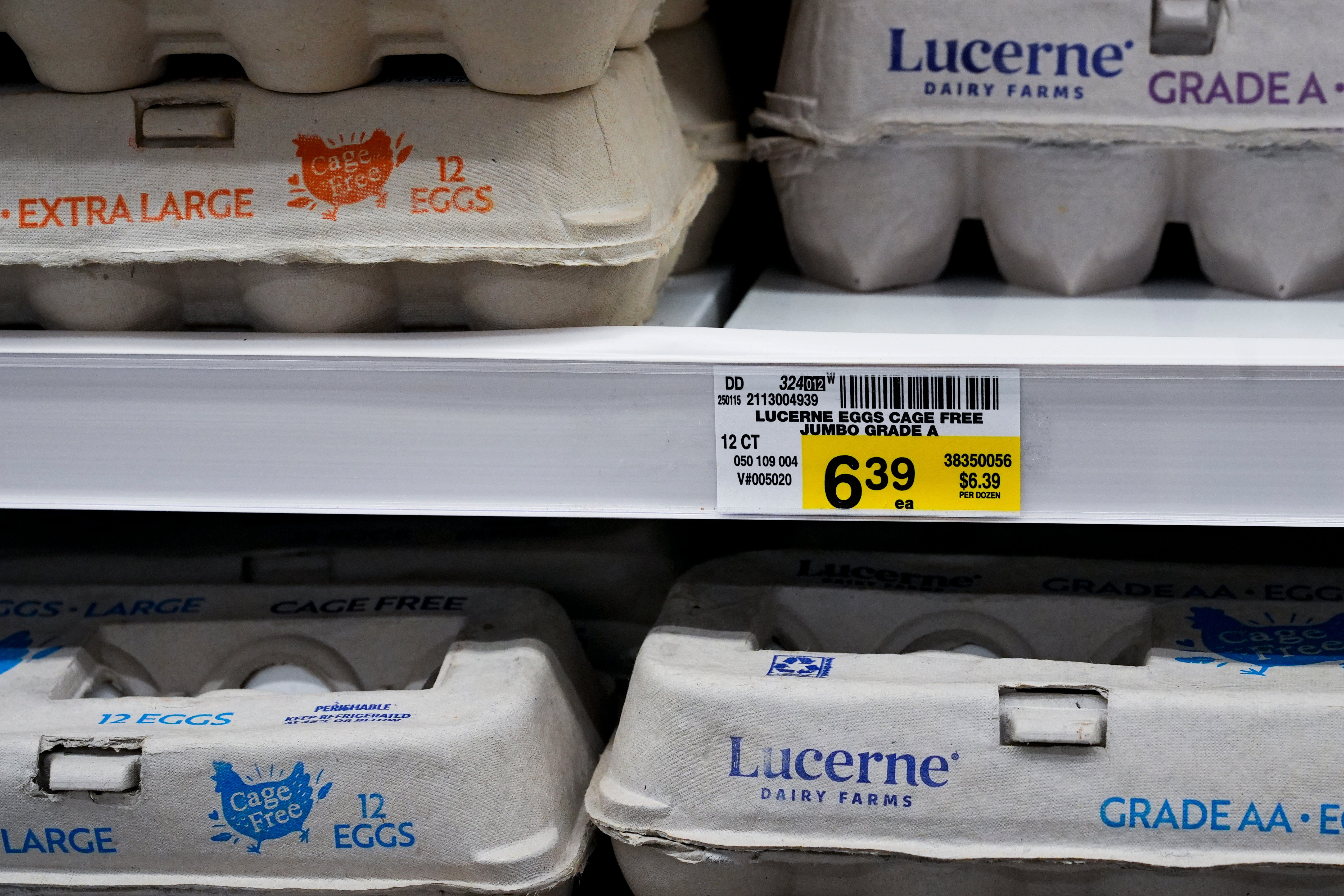
Police have yet to crack a whodunit that grabbed the public’s attention; the heist of 100,000 eggs from the back of a trailer in Pennsylvania.
Four days after the theft that law enforcement say could be tied to the sky-high cost of eggs, no leads have come in, Trooper First Class Megan Frazer, a spokesperson for the Pennsylvania State Police, said..
“We’re relying on leads from people from the community. So we’re hoping that somebody knows something, and they’ll call us and give us some tips,” she said.
Police are also following up with any possible witnesses and looking into surveillance footage that could help them identify the perpetrator as they race to solve the mystery.
“In my career, I’ve never heard of a hundred thousand eggs being stolen. This is definitely unique," said Frazer, who has a dozen years on the job.
Bird flu is forcing farmers to slaughter millions of chickens a month, pushing U.S. egg prices to more than double their cost in the summer of 2023. And it appears there may be no relief in sight with Easter approaching.
The average price per dozen eggs nationwide hit $4.15 in December. That is not quite as high as the $4.82 record set two years ago, but the Agriculture Department predicts egg prices are going to soar another 20% this year.

The 100,000 eggs were snatched from the back of Pete & Gerry’s Organics' distribution trailer on Saturday about 8:40 p.m. in Antrim Township, Pennsylvania, according to police.
They are worth about $40,000, which means this crime is a felony, Frazer said.
Pete & Gerry’s Organics LLC said in a statement that the company is working with law enforcement to investigate the theft.
“We take this matter seriously and are committed to resolving it as quickly as possible,” the statement said.
U.S. egg prices are likely to remain high past Easter and well into 2025, largely because of avian flu, according to CoBank, a Denver-based provider of loans and other financial services to the agriculture sector.
The highly contagious virus has affected nearly 100 million egg-laying hens in the U.S. since 2022.
But CoBank said other factors are also causing supply constraints and driving up prices, such as skyrocketing consumer demand for eggs in recent years. Fast-growing breakfast and brunch chains like First Watch are also eating up supplies.







